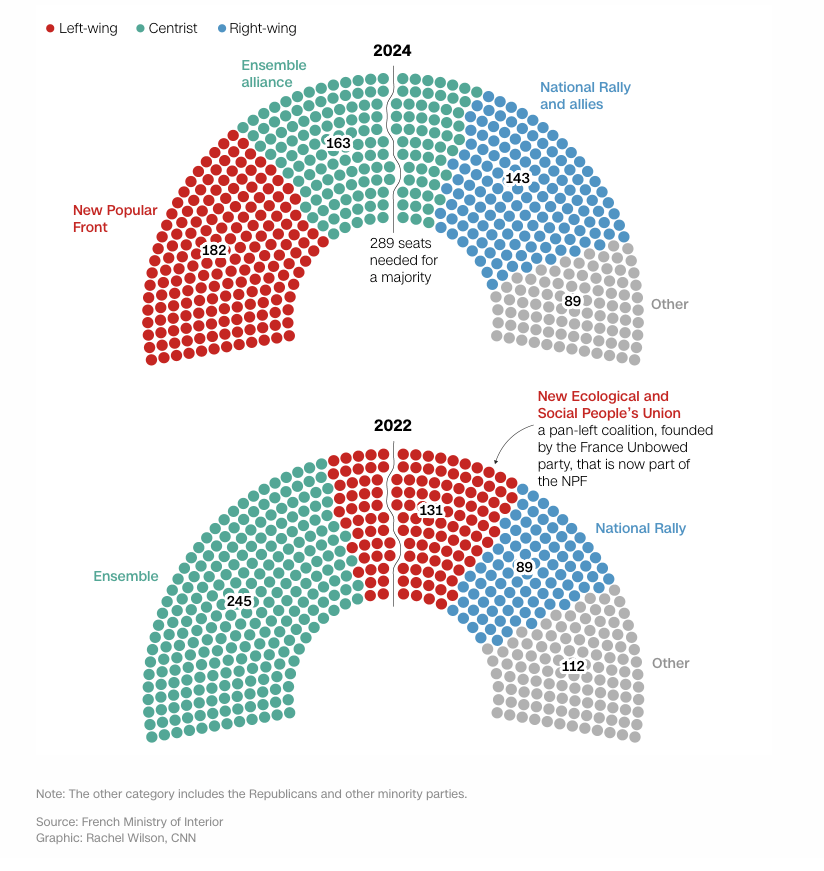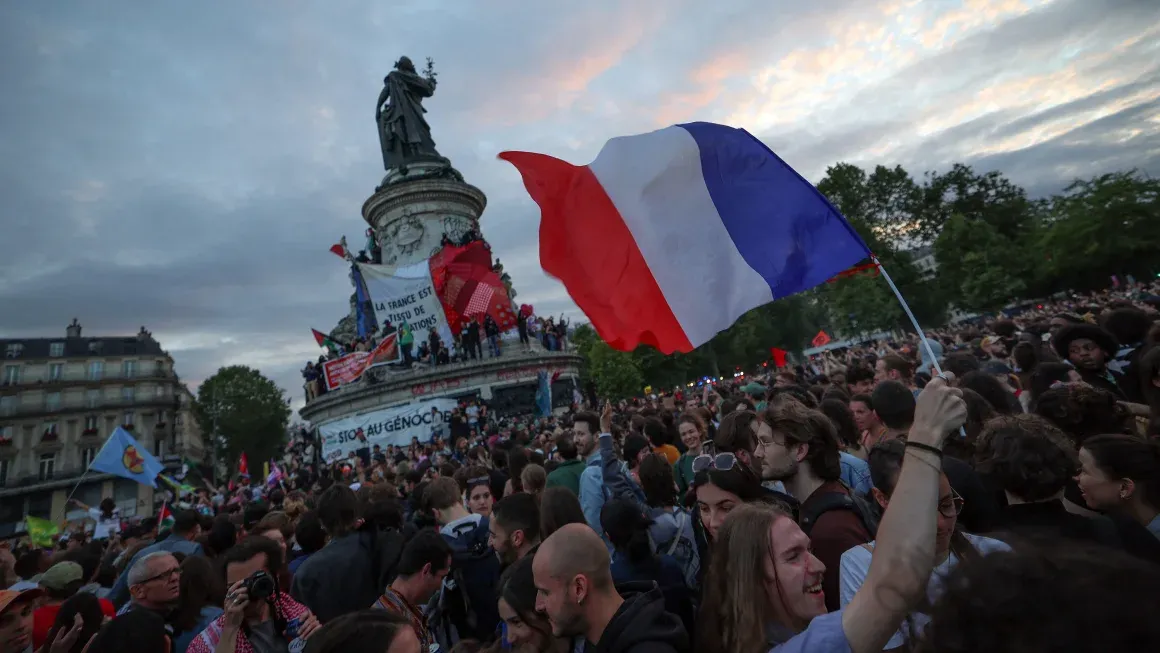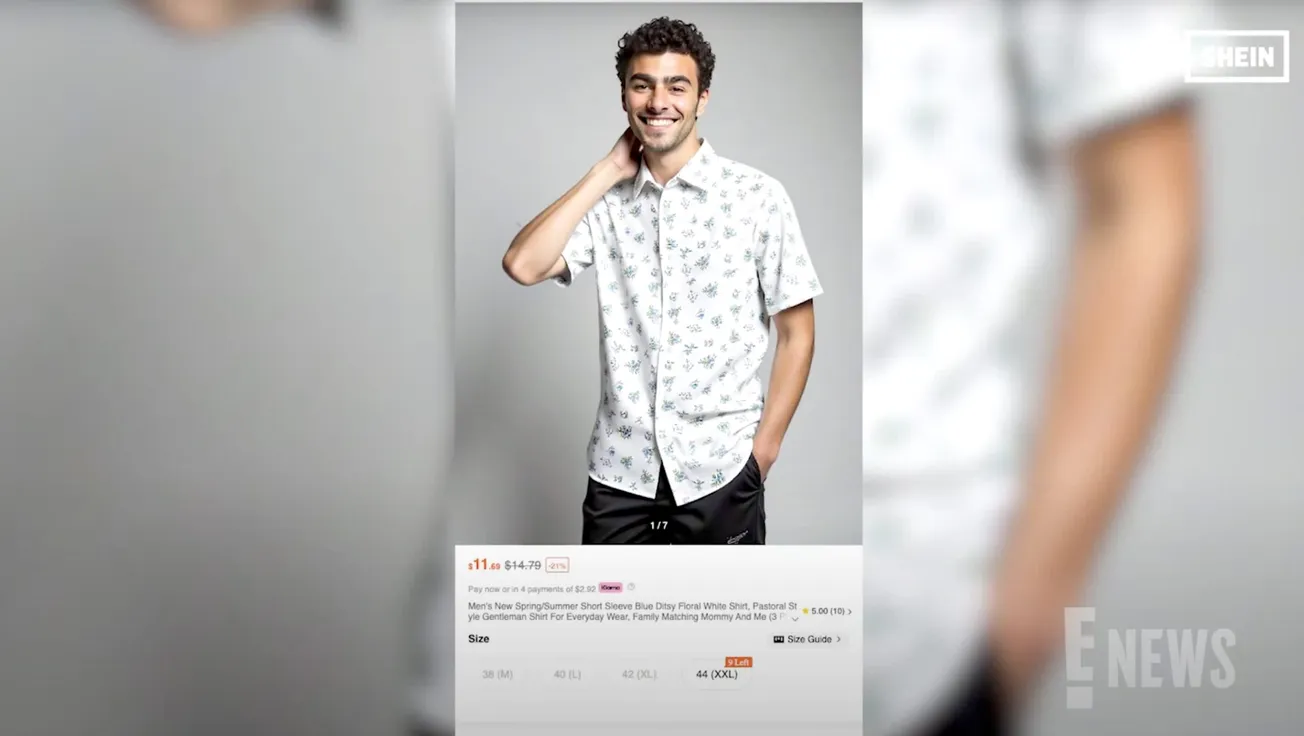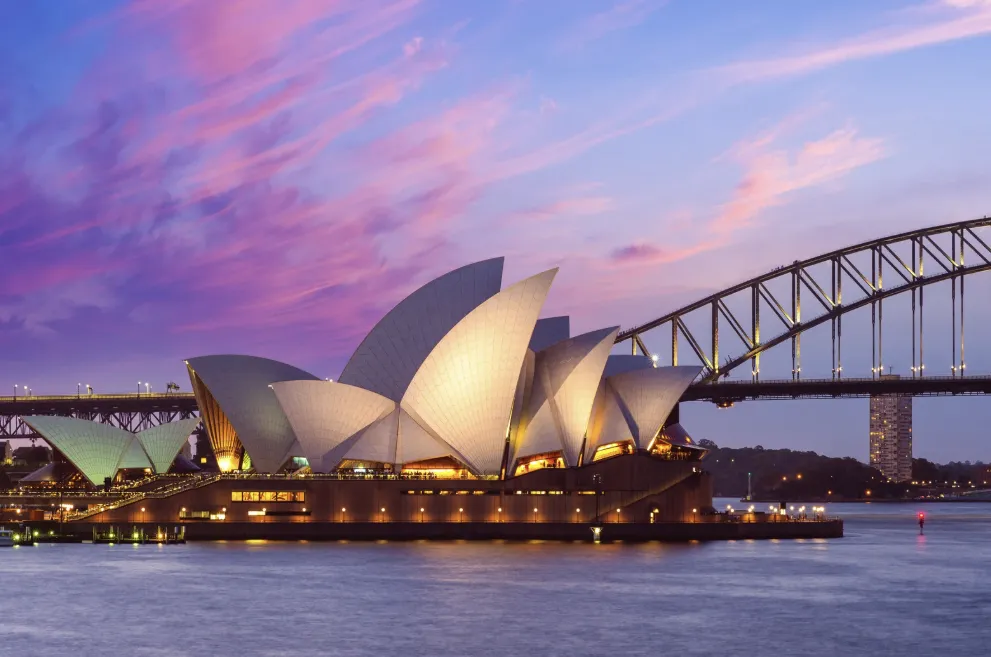目錄
CNN —
“I threw my live grenade at their feet” is how French President Emmanuel Macron reportedly saw his call for snap elections after a stinging far-right victory in June’s European elections.
It was an explosive gamble and the final results took the country by surprise: France’s left-wing alliance coming in first with 182 seats and the far-right trailing in third place - a shocking reversal of last Sunday’s first-round results.
On Place de la Republique in Paris news of the projected results was met with rapturous applause and fireworks as people embraced one another, breathing a collective sigh of relief: in their eyes, France had been pulled back from the brink.
Turnout on Sunday was the highest in a parliamentary election for more than 20 years as French citizens took to the ballot box to make their feelings known: they did not want the far-right to govern.
However, with the left falling short of the 289 seats needed for a majority and with a weakened president, the national assembly is expected to be more fractured than ever.
What’s certain is that France is set to enter a prolonged period of instability as three opposing blocs with competing ideas and agendas try to form coalition or find themselves stuck in a state of paralysis.
See how France’s 2024 hung parliament compares to the last election
While the leftist New Popular Front (NPF) won the most seats, avoiding a far-right government, Marine Le Pen’s National Rally party gained its highest ever seat count and became the largest individual party in the parliament. Meanwhile, Emmanuel Macron’s centrist Ensemble party finished second after a runoff election.

Visibly disappointed, the far-right National Rally (RN) leader Jordan Bardella argued that his party’s defeat was only made possible by the tactical voting orchestrated by Macron and the left-wing NFP coalition that decided to withdraw 200 candidates from the race this week in an effort to block the far right.
Though the RN didn’t do as well as expected, it is still a victory for French far-right doyenne Marine Le Pen with her party getting more votes with each passing election. 8 in 2017, 89 in 2022, 143 in 2024 – the latter with the help of allies.
For the left-wing NFP alliance, it is going to have a tough time speaking with one voice. The last time it formed a bloc under the name of Nupes, in 2022, it fell apart because of personal differences as well as policy.
The bloc brings together five different parties. Far-left France Unbowed and the Communist party has joined with the center-left parties, the socialists and the greens to form a New Popular Front. Now the challenge is no longer whether the left can unite against the far right, but rather can the different groups work together to agree first on who might be prime minister from their camp – and then on the policies they might pursue?









